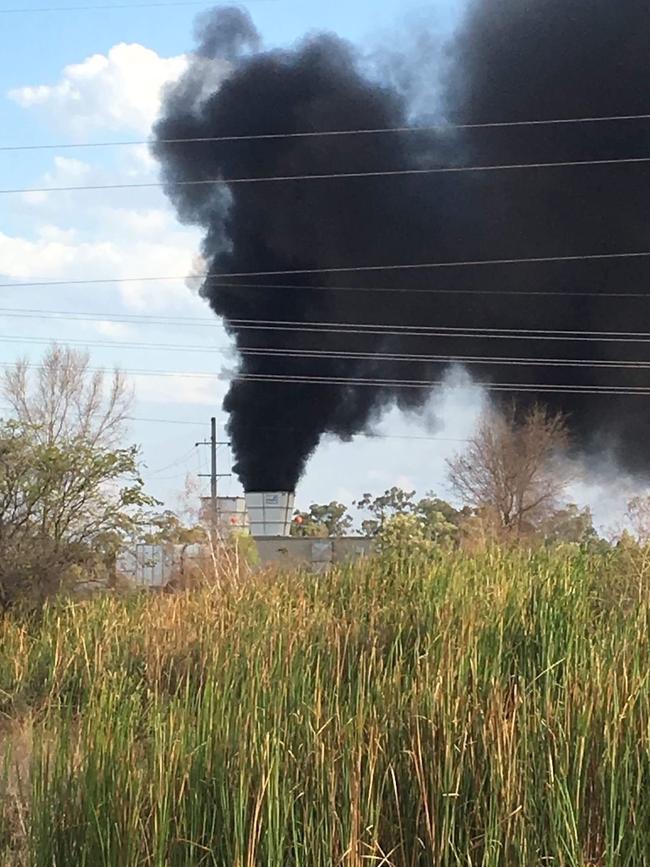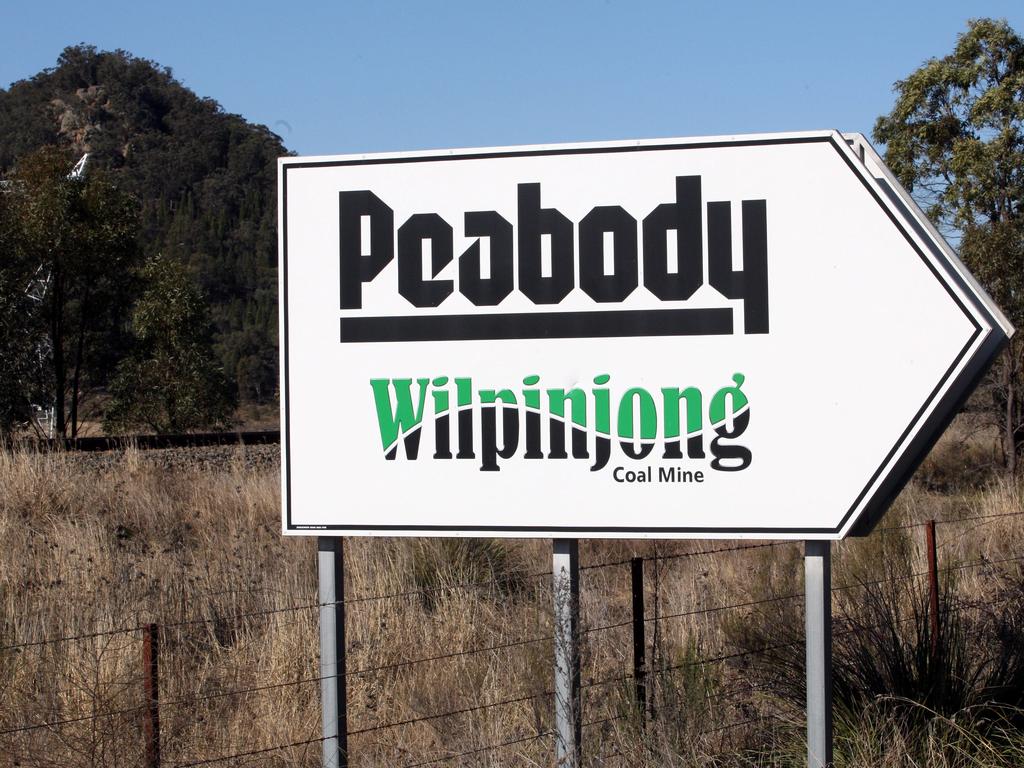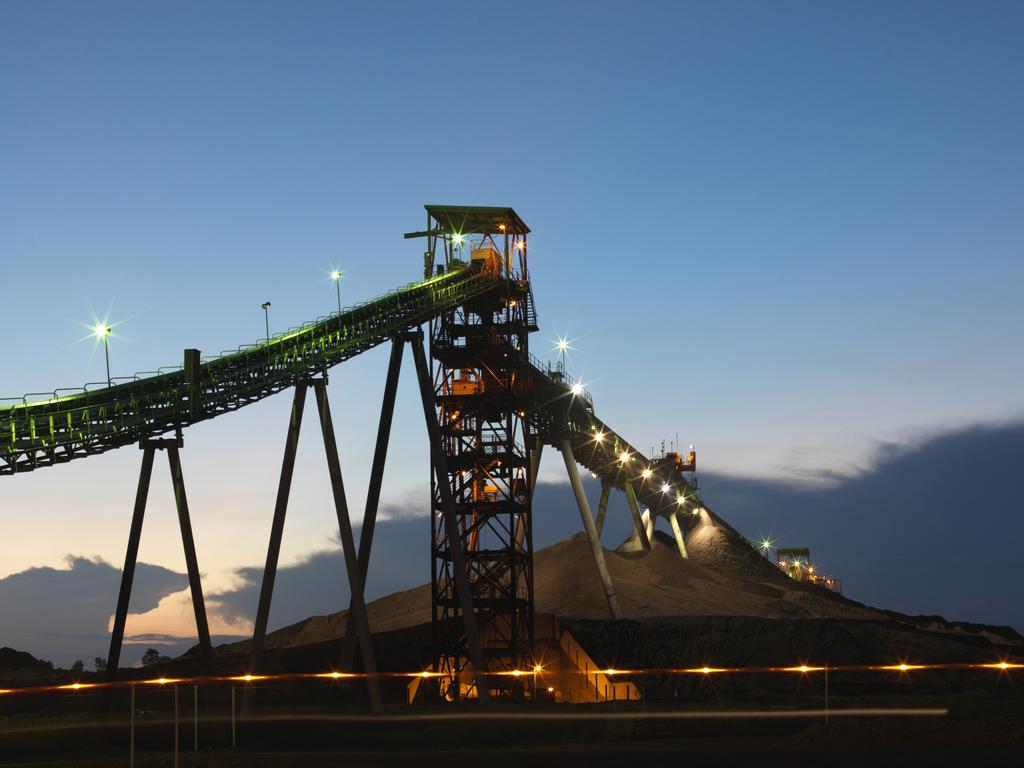Peabody Energy faces new heat over North Goonyella mine fire
Peabody Energy has been hit with a new shareholder legal action surrounding a fire and alleged safety issues at its North Goonyella mine.

Peabody Energy, the world’s biggest coal miner, has been hit with a new shareholder legal action surrounding a fire and alleged safety issues at its North Goonyella mine in Queensland.
But unlike the investor class action filed on behalf of a US pension fund in October, the latest case is a shareholder derivative action filed in the US District Court in Delaware by shareholder Mark Phelps on behalf of Peabody itself.
As well as seeking unspecified damages, it asks the court to direct the US-listed company to take “all necessary actions” to reform and improve its corporate governance and internal procedures, and to strip executives and directors of “all profits, benefits and other compensation”.
A spokeswoman for Peabody on Sunday declined to comment, citing a policy of not discussing ongoing legal actions. The New York-listed Peabody is incorporated in Delaware and headquartered in St Louis, Missouri.
The legal action, filed days before Christmas, names Peabody’s Australian-born chief executive, Glenn Kellow, its entire board and former chief financial officer Amy Schweitz.
The case, which follows the shareholders class action recently filed by Oklahoma Firefighters Pension and Retirement Fund, takes aim at what it alleges are “inadequate safety practices” leading up to the fire and Peabody’s disclosures to investors surrounding plans to restart operations at the mine, which produces coking coal.
Before the fire in September 2018, North Goonyella was the most profitable mine in Peabody’s global 23-mine portfolio. The indefinite suspension of operations has hit the company’s profits, already affected by the downturn in thermal coal prices.
In October last year, the Queensland Mines Inspectorate said it was placing strict restrictions on restarting operations at North Goonyella, meaning the mine was at least three years from a commercial reopening.
“Even after the fire and the announcement of both an internal and a government investigation, the company continued to mislead the market about its plan to restart operations at North Goonyella,” according to the legal filing lodged in Delaware and obtained by The Australian.

The legal claim alleges Peabody was “falsely assuring the market that the company would be able to mine significant coal at the North Goonyella mine in the near term, while continuing to conceal major issues that would impede any progress at the mine and which would ultimately cause QMI to reject its plans.
“Specifically, the statements conditioned the market to believe that its low-cost plan to restart operations at North Goonyella was reasonable and had a high likelihood of regulatory approval, while simultaneously omitting to disclose that the plan posed unreasonable safety and environmental risks such that QMI would likely mandate a safer, more cost-prohibitive approach that would cause major delays in restarting the mine,” the claim states.
When Peabody disclosed QMI’s tougher standards for reopening the mine, the company’s US-listed shares plunged by a massive 22 per cent.
Peabody had emerged from bankruptcy in protection in early 2017 after restructuring its then near $US9bn ($11.8bn) debt load. At the time, the North Goonyella mine was described by Mr Kellow as the “core” of the company’s metallurgical coal platform, the legal claim alleges.
The legal action also claims that after trading again following bankruptcy protection, “the company was faced with a fragile economic situation, including a high debt load, and thus was motivated to produce high amounts of coal while cutting safety costs in order to boost the company’s profit.
The legal action came as Peabody secured a refinancing deal on Christmas Eve that extends certain debt repayments and grants financial covenant relief, while giving “sufficient operating liquidity and financial flexibility”, the mining company said in a statement.
The agreement “will provide Peabody with the flexibility needed to continue to pursue operational improvements across our operations as well as capture potential seaborne met and thermal market improvements,” Peabody’s Mr Kellow said.
Under the deal, Peabody’s lenders have agreed to exchange 2022 senior secured notes for new 2024 notes to be issued by Peabody and certain subsidiaries. The company’s revolving credit lenders have also agreed to convert the existing revolving credit facility into new term loans and a letter of credit facility due in December 2024.
In November, Peabody reported a 39 per cent fall in third-quarter revenues to $US671m and a loss of $US64.8m due to lower volumes, mix changes and weaker seaborne pricing.




To join the conversation, please log in. Don't have an account? Register
Join the conversation, you are commenting as Logout